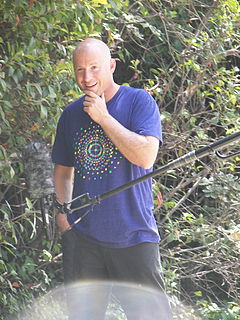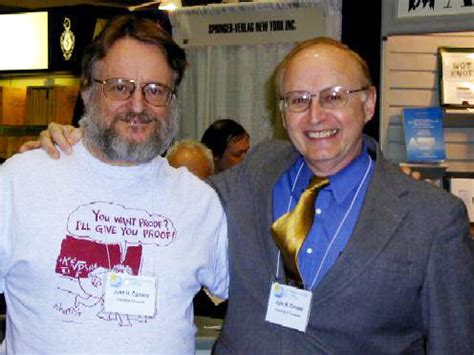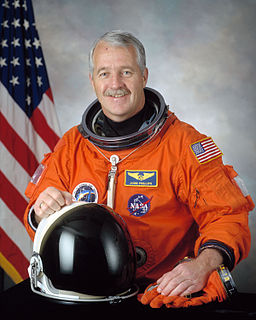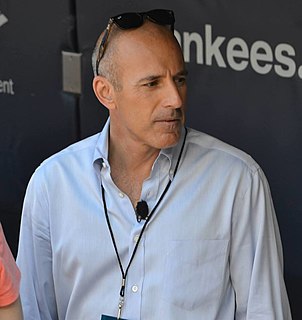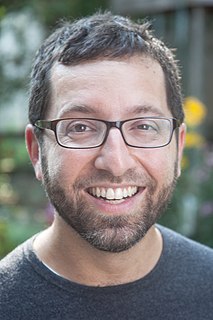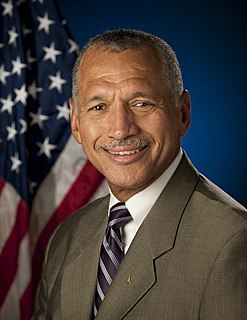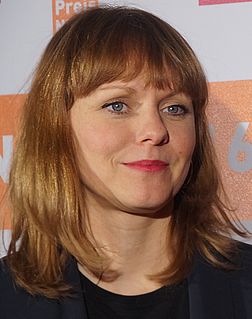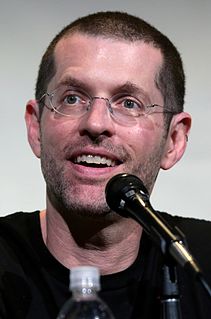A Quote by Antony Garrett Lisi
Math does come easily to me, but I was always much more interested in what theorems imply about the world than in proving them.
Related Quotes
It always did bother me that the American public were more interested in me than in my work. And after all there is no sense in it because if it were not for my work they would not be interested in me so why should they not be more interested in my work than in me. That is one of the things one has to worry about in America.
I noticed there were so many people, especially women, who would come up to me having recognized me from TV and say, 'I heard you were a math person, why math? Oh my gosh, I could never do math!' I could just see their self-esteem crumbling; I thought that was silly, so I wanted to make math more friendly and accessible.
When I became the NASA administrator — or before I became the NASA administrator — Barack Obama charged me with three things. One was he wanted me to help re-inspire children to want to get into science and math, he wanted me to expand our international relationships, and third, and perhaps foremost, he wanted me to find a way to reach out to the Muslim world and engage much more with dominantly Muslim nations to help them feel good about their historic contribution to science … and math and engineering.
There are two versions of math in the lives of many Americans: the strange and boring subject that they encountered in classrooms and an interesting set of ideas that is the math of the world, and is curiously different and surprisingly engaging. Our task is to introduce this second version to today's students, get them excited about math, and prepare them for the future.
Therefore, doing the Stations of the Cross was still more laborious than consoling, and required a sacrifice. It was much the same with all my devotions. They did not come easily or spontaneously, and they very seldom brought with them any strong sensible satisfaction. Nevertheless the work of performing them ended in a profound and fortifying peace: a peace that was scarcely perceptible, but which deepened and which, as my passions subsided, became more and more real, more and more sure, and finally stayed with me permanently.
It felt to me like America was always wanting to resolve things too quickly, without thinking through what the costs and consequences would be and how that affects an individual living in that world. Then as I grew up and went about my life, I think I just got more and more interested in that gray area where things are not so easily quantified.
For me, it was always clear that Toni Erdmann is more a film about what globalization, capitalism, does with private relationships much more than making a "political" film. It's more interesting to raise questions, because I don't feel in a position to "make a statement" with the film. Toni Erdmann comes from a completely different generation then his daughter, it's the post-war generation, they were very politically engaged. They raised their children with a lot of human worldviews, sent them out in the world believing in a world without borders.
We know that the elements in play in a show like 'Confederate' are much more raw, much more real, and people come into them much more sensitive and more invested, than they do with a story about a place called 'Westeros,' which none of them had ever heard of before they read the books or watched the show.
